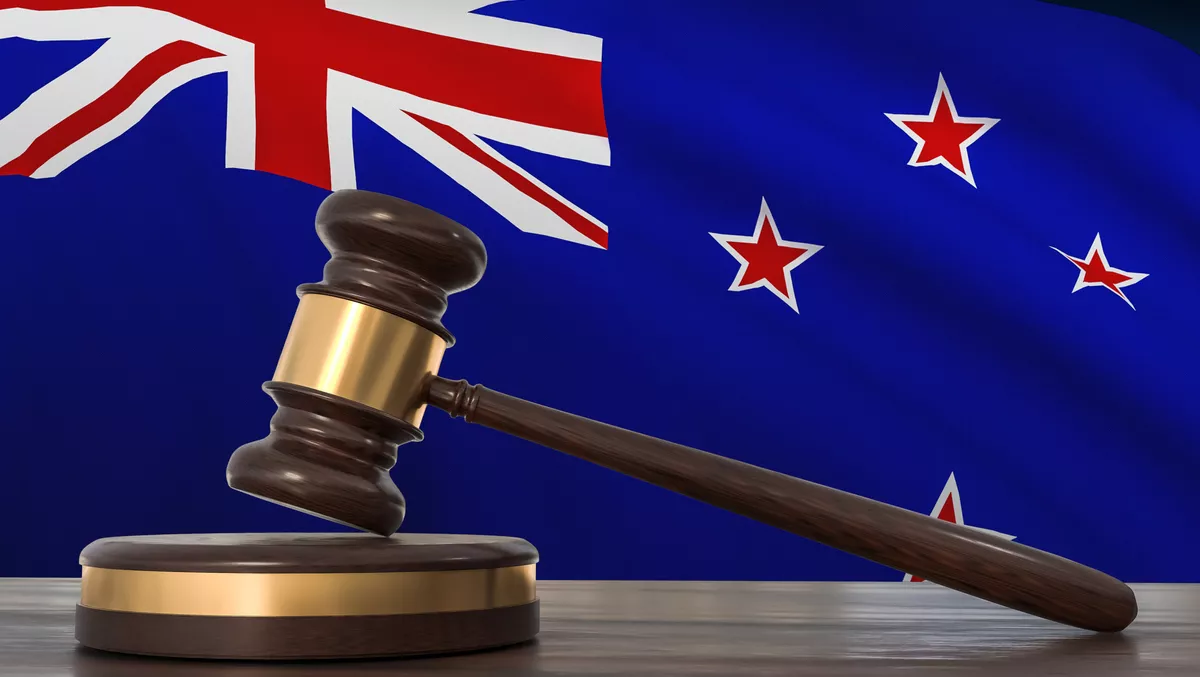
NZ Govt security information bill passes its first reading
The Security Information in Proceedings Legislation Bill has passed its first reading and will now be considered by Parliament's Justice Committee.
The Justice Committee will soon call for public submissions on the Bill.
Minister of Justice Kris Faafoi says, "The Bill adds to the Government's work to strengthen New Zealand's protections against security threats, in line with the recommendations of the Royal Commission of Inquiry into the March 15 mosques attack."
"This legislation will also provide a clear and consistent framework for dealing with national security information in civil and criminal proceedings relates to," he says.
National security information is information that, if disclosed, would be likely to prejudice New Zealand's security, defence, or international relations.
Faafoi says, "Currently there is a lack of assurance that national security information can be adequately protected if it needs to be used in court proceedings.
"The Law Commission has reviewed the use of security information in court and found that current law in this area lacks clear and consistent protections for individuals and national security."
According to a statement, the Bill will:
- Provide greater assurance to the Crown that national security information can be used in court proceedings while still being protected;
- Standardise and clarify protections for non-Crown parties; and
- Ensure clear, consistent processes are followed in a way that addresses natural justice requirements as far as possible.
Faafoi says, "The current law may also disadvantage non-Crown parties who may not know the reason for a decision against them and may not be in a position to challenge the actions or decisions of the Crown. These disadvantages have implications for natural justice rights."
To address this, the Bill will also introduce a special closed court process for both a preliminary and substantive civil hearing, and a preliminary (but not substantive) criminal hearing.
Faafoi says, "While the court would be closed to the public, media, and any non-Crown parties and their lawyers, the non-Crown party would be represented by a security cleared special advocate.
"The special advocate and judge would have full access to the national security information, and the judge would only allow proceedings to continue if they were satisfied that a fair trial could take place.
"The role of the special advocate in the closed court hearing is an important safeguard in the Bill, which ensures national security information is adequately protected while providing for natural justice rights."
He continues, "While there are very few cases which will warrant these measures, the sensitive nature of such cases and evidence relating to them needs to be dealt with in a consistent and secure way.
"That includes ensuring that our international partners, who may need to share sensitive information in confidence for such cases, can trust the information is handled securely."
The Bill will replace schemes for managing national security information in a number of pieces of legislation including the Passports Act 2005, the Terrorism Suppression Act 2002 and the Telecommunications (Interception Capability and Security) Act 2013.
Faafoi concludes, "The select committee process is an important part of developing legislation; providing the opportunity for communities to provide their thoughts on the Bill. I look forward to people providing submissions."


